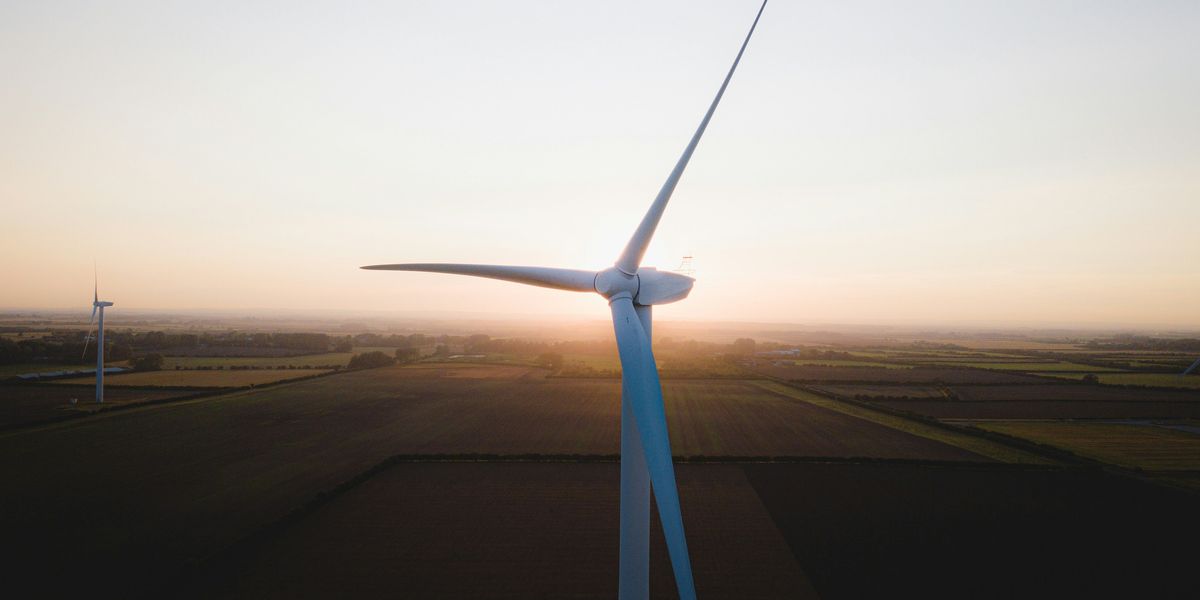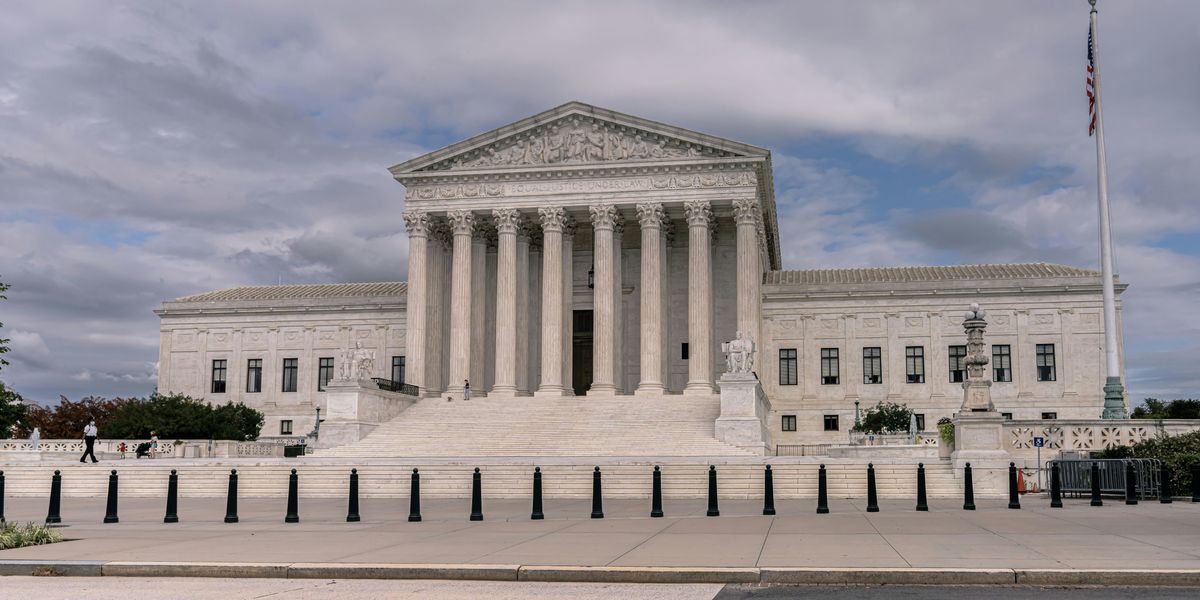theguardian.com
Record-breaking heat scorches Japan and China this summer
Japan experienced its hottest summer on record, while parts of China logged their warmest August ever, as both nations faced extreme heatwaves driven by climate change.
In short:
- Japan recorded its highest average summer temperature since records began in 1898, with more than 8,800 instances of extreme heat.
- China's August temperatures were the highest ever recorded in several regions, leading to school delays and extended holidays in some provinces.
- Climate scientists warn that 2024 may become the hottest year ever recorded due to ongoing global warming.
Why this matters:
The persistent and intensifying heatwaves in Asia highlight the growing impact of climate change, stressing the need for urgent action to mitigate its effects and protect vulnerable populations.
Related coverage:
Climate protest defense strategy hits a legal wall in England and Wales
Climate activists in England and Wales face a significant setback as a key legal defense is stripped away.
In short:
- The Court of Appeal has ruled against the use of the "consent" defense by climate activists, a strategy that has led to several acquittals since 1971.
- This decision follows governmental concerns over the effectiveness of legal guidance for future environmental protests.
- The ruling is seen as a victory for political influence over legal proceedings, further limiting protestor rights and defenses.
Why this matters:
Climate activists are increasingly finding themselves embroiled in legal battles as they push for more aggressive action on climate change. These challenges manifest in various forms, from lawsuits aimed at compelling governments to adopt stricter emissions targets to legal actions against major fossil fuel companies for their role in climate change.
In 2021, Douglas Fischer wrote about four community activists lauded in the fight for environmental and racial justice.
Louisiana's industrial corridor linked to higher rates of low birth weight and preterm births
A new study reveals that babies in Louisiana's "Cancer Alley" face significantly higher risks of low birth weight and preterm births, exceeding national averages.
In short:
- Research from Tulane University, published in a Human Rights Watch report, highlights alarming rates of low birth weight and preterm births in Louisiana's "Cancer Alley."
- The study connects these health issues to the area's high pollution levels, predominantly from more than 200 petrochemical plants.
- Residents, particularly in predominantly Black communities, report various health problems, including increased cancer rates and reproductive issues.
Key quote:
"The level of human health crisis is identifiable and preventable."
— Antonia Juhasz, senior researcher at Human Rights Watch
Why this matters:
This issue underscores a critical intersection of environmental justice and public health, particularly affecting marginalized communities. It highlights the urgent need for policy interventions to mitigate pollution's impact on health, especially in vulnerable populations.
A recent report underscores the climate, environmental, and human rights tolls linked to petrochemical production, adding to the ongoing controversy surrounding the practices of the U.S. fossil fuel industry.
World ill-prepared to stop climate crisis reversing progress on health, says study
The climate crisis threatens to roll back decades of progress towards better health and governments are ill-prepared to stop it, the World Meteorological Organization has said.
‘You should be able to have a water break’: US workers fight for extreme-heat rules
Across America, temperatures are soaring – but industry groups are opposing potentially life-saving heat regulations.
Grieving Maui residents prepare to rebuild but ask: ‘For whom?’
Rising seas have flooded this Lagos town three times. It may not survive a fourth
As waves and storms erode the Okun Alfa shoreline, the locals fight on – and hope a Yoruba deity can help where politicians have failed.



















